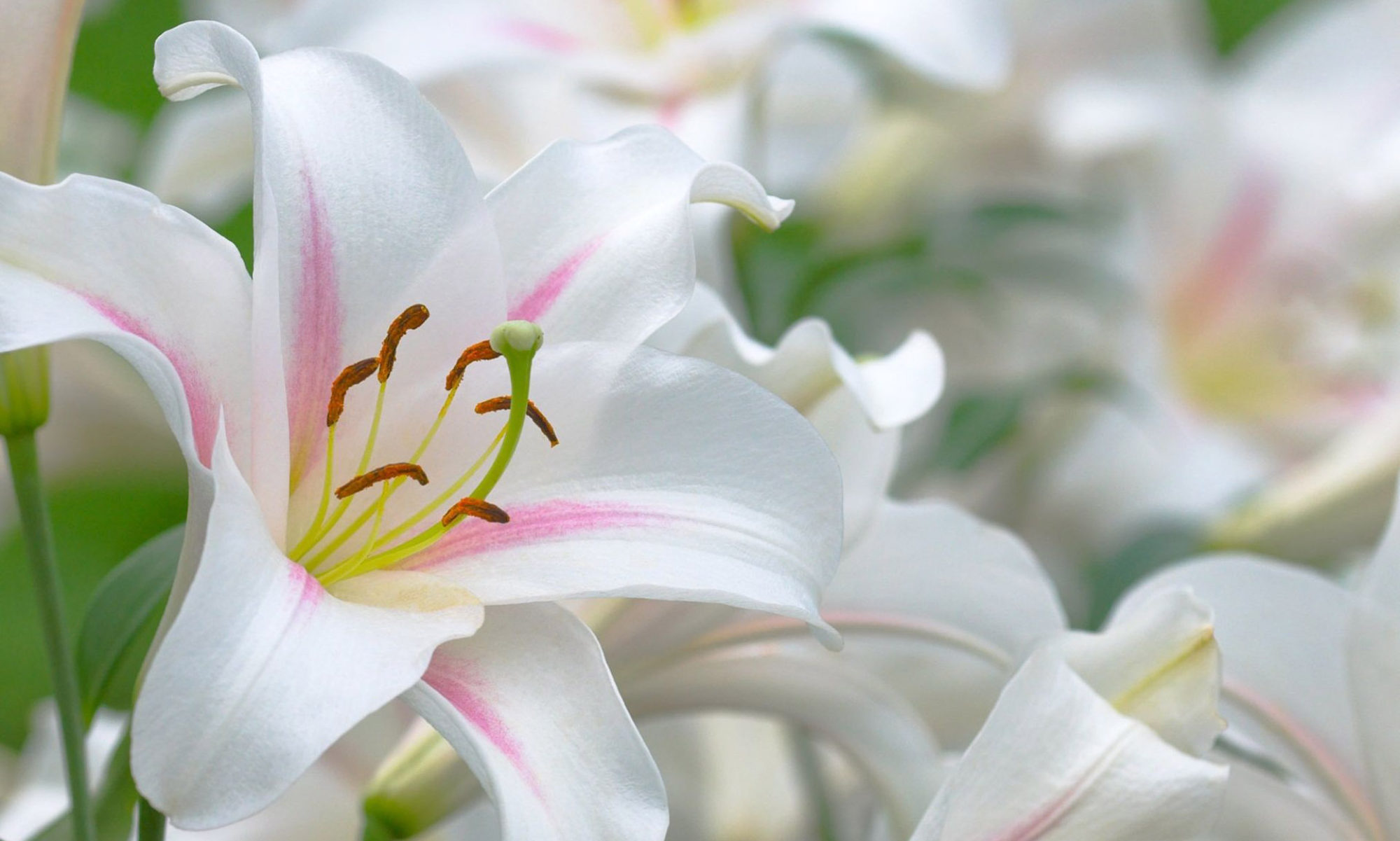There’s no denying that this has been one hot summer not only in the United States but in Europe as well. Record high temperatures, when the weather men put a “heat advisory” in effect, can be dangerous to our health. We are advised to seek shade, air-conditioned rooms and increase fluids. Even those of us in good shape are told to avoid vigorous outdoor exertion. Our pets also need extra attention during hot spells. We’ve all heard the horror stories of pets (and children!) being left in closed cars and dying from exposure. Since high temperatures can adversely affect us and our environment, they need to be taken seriously.
Severe heat, like intense cold, can drive us inside for the duration. But unlike cold snaps in the winter months, intense heat has a more devastating effect on our outdoor environment. Weeks of high temperatures combined with lack of rainfall, a typical summertime scenario for many of us, take their toll on our reservoirs. Small ponds quickly dry up, leaving fish stranded. As we drive through neighboring towns we see the familiar signs banning outdoor watering and sprinkler use. In particularly dry years, the leaves on the trees and shrubs actually droop, looking exhausted after their ordeal!
Our town has private well water and so we are immune to the signage warning us away from summer water use, but even though we can water, I prefer not to. For one thing watering during a heat wave is kind of like running through a sprinkler – the moisture only lasts for that very short period of time and the heat evaporates it almost immediately. It’s counterproductive since the much-needed moisture never really gets to where it’s needed most, the plant’s roots, and shallow watering leads to shallow roots which can compromise a plant’s health. Also, when all we do is wet the leaves and soil surface, we leave our plants open to disease-spreading fungi.
Many experts say that to maintain a healthy garden we should water deeply, about an inch of water, at least once a week. When you have a large garden and summer water restrictions in force, this can be impractical. Soaker hoses are a great alternative to sprinklers because the water goes directly to the plant roots but, again, watering restrictions and drought conditions may limit the time you can use them. Just as our climate is changing, so our watering practices must change. We have to learn to water wisely.
So, how do we care for our gardens in the hot and often dry conditions of high summer? Take a good look at your garden on a very hot day. You’ll notice some plants drooping under the intensity of the heat while others seem to just shrug it off. As time goes by, you’ll want to plant more of the “shruggers” or those plants which can take the heat and still thrive. Additionally, don’t bother planting a garden without mulching it since mulch is the best water saver of all. For more on the benefits of mulching, see my previous blog, An Ode to Mulch.
Because hot summers are spreading far and wide and water is now such a precious commodity, xeriscaping has become popular in recent years. According to Wikipedia, “Xeriscaping is landscaping and gardening that reduces or eliminates the need for supplemental water from irrigation.” In other words, plant your garden with heat and drought shruggers! I talk about some of these plants in my blog, Summer Power Perennials. Look for plants that will grow in your hardiness zone but I’ll also list a few that you may already be familiar with and may already have in your garden.
Herbs such as lavender, oregano, thyme, rosemary and sage tolerate tough conditions with ease. Prairie wildflowers such as coreopsis, rudbeckia and yarrow make excellent choices as do perennial grasses. Daylilies, once established, are remarkably drought tolerant. In the shade garden, hostas, ajuga, lamium and many ferns continue to look cool and serene even on the hottest and driest of summer days.
By gardening with heat and drought tolerant plants, we can create easy care gardens that will not only look fabulous all summer long but will help us conserve precious water as well.

DISCLOSURE: From time to time I may use Affiliate Links such as the ones below. I use these only for companies I trust. When you click through on the link and make a purchase from the website, I may make a small commission (at no additional cost to you) which helps me to maintain my website.






